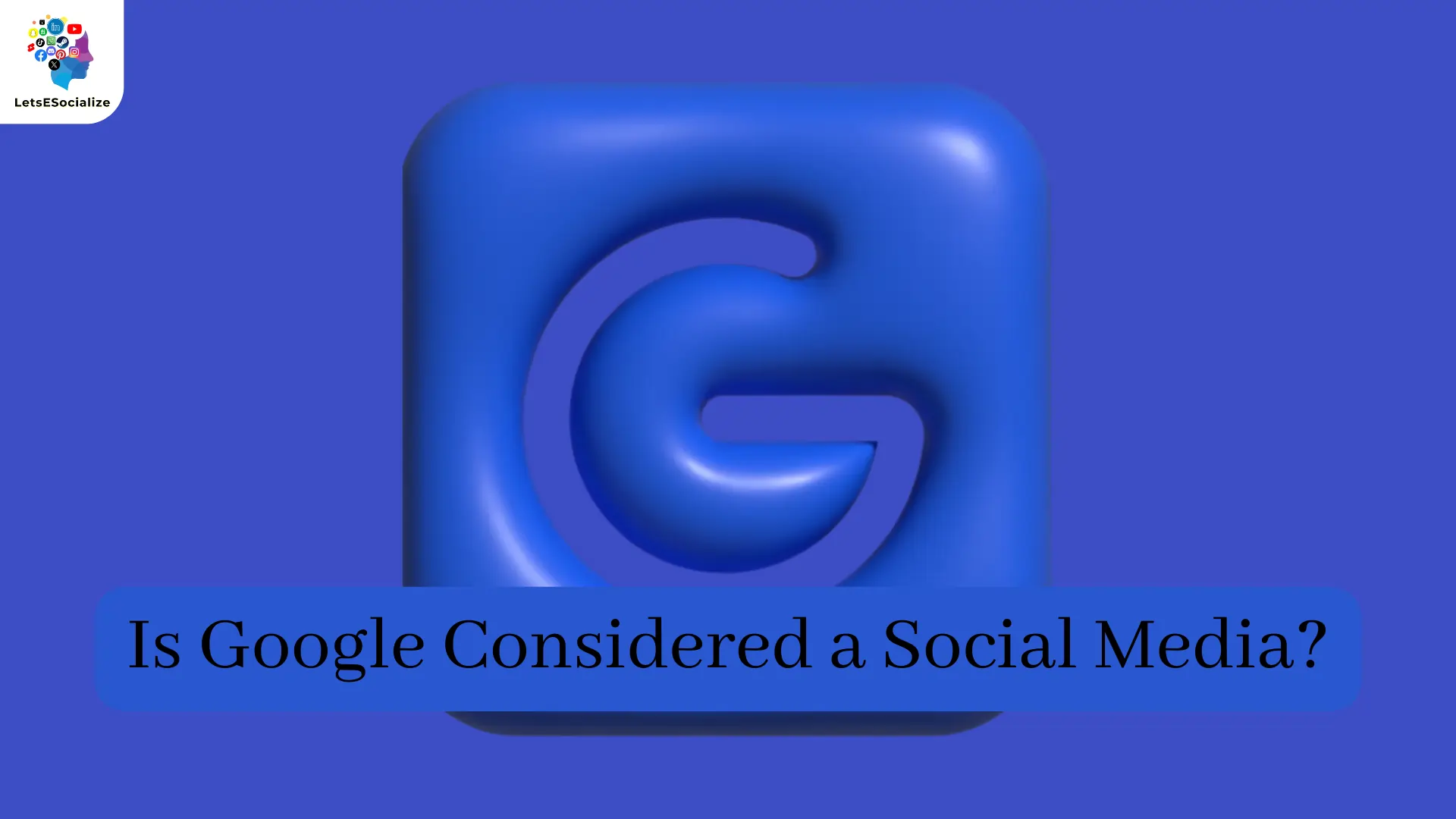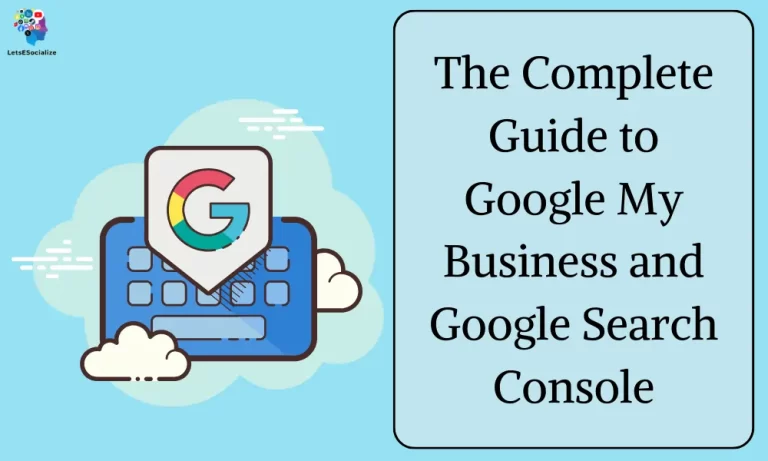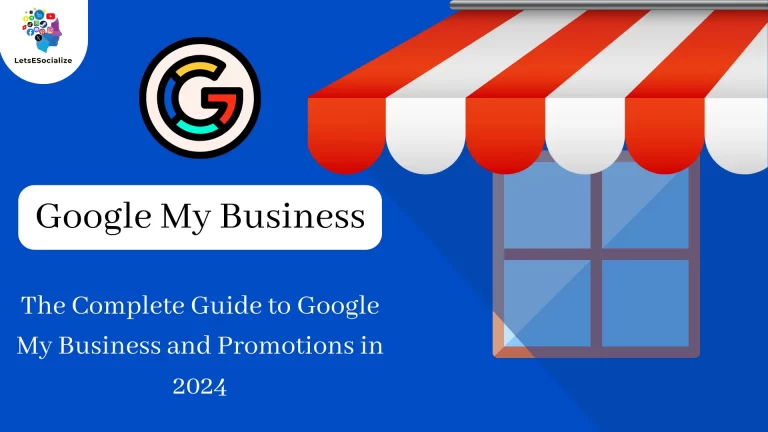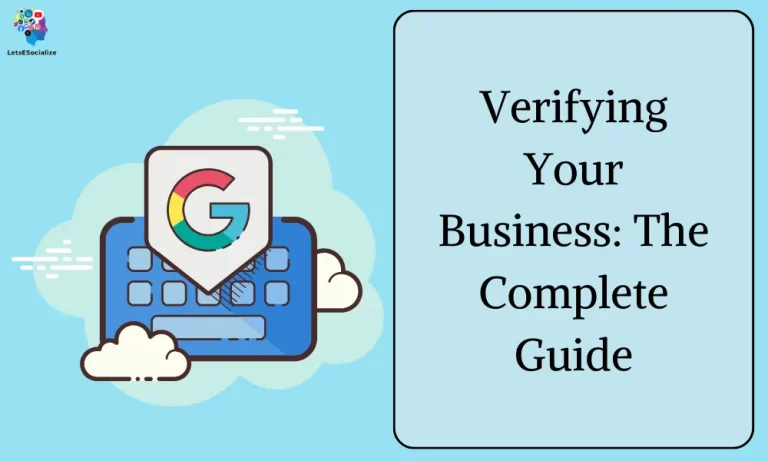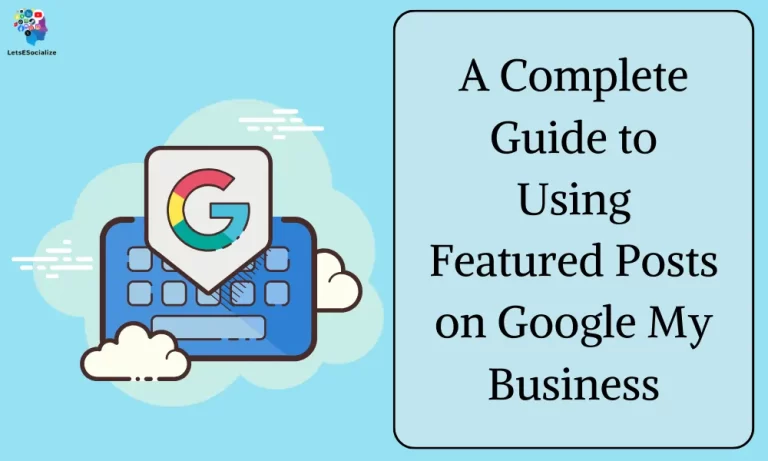Is Google Considered a Social Media? In the ever-evolving digital landscape, the term “social media” has become ubiquitous, conjuring images of platforms like Facebook, Twitter, and Instagram. These platforms are designed specifically for social networking, content sharing, and online interactions. However, the question of whether Google, the tech giant known for its search engine and various services, can be considered a social media platform has sparked debates and differing opinions.
Table of Contents
To fully understand this topic, we must first define what constitutes social media. Social media platforms are online services that facilitate the creation, sharing, and consumption of user-generated content, as well as the development of social networks and virtual communities. They enable users to interact, communicate, and engage with one another through various features, such as profiles, posts, comments, and multimedia sharing.
Google’s Core Services and Products
Google is primarily recognized for its search engine, which has become an indispensable tool for accessing information on the internet. However, the company has expanded its offerings to include a wide range of services and products that cater to different needs. These include:
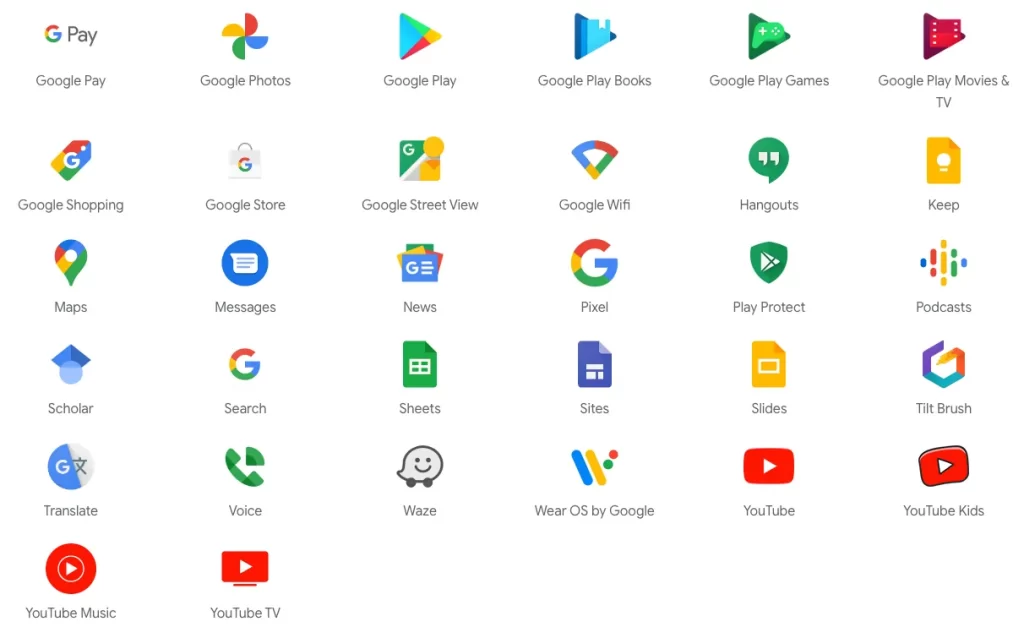
- Gmail: Google’s email service, which allows users to communicate and share files.
- YouTube: The world’s largest video-sharing platform, where users can upload, watch, and interact with videos.
- Google Maps: A mapping service that provides directions, user reviews, and location-based information.
- Google Drive and Workspace: Cloud-based storage and collaboration tools for documents, spreadsheets, and presentations.
- Android Operating System: Google’s mobile operating system, which powers billions of devices worldwide.
While these services are not primarily designed as social media platforms, they do incorporate some social features and capabilities.
Also Read – 10 Jobs Replaced by AI and 10 That Won’t: A Comprehensive Guide
Also Read – Jeff Bezos Reclaims Title as World’s Richest Person, Elon Musk Drops to Second
Google’s Social Features and Capabilities
Despite the discontinuation of Google+, the company’s ill-fated attempt at a dedicated social network, Google has integrated various social elements into its existing services. These include:
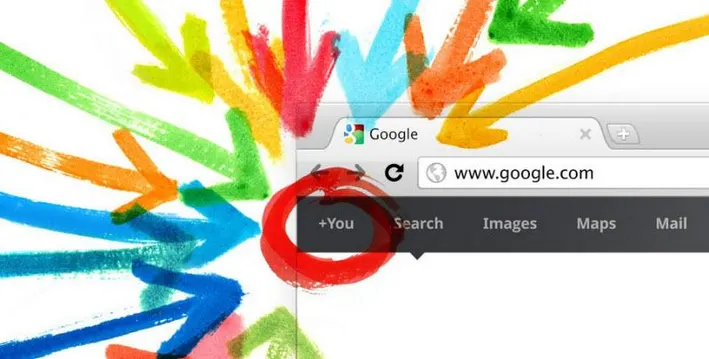
- YouTube’s Social Elements: Users can comment on videos, subscribe to channels, and share content with others. YouTube has become a hub for content creators, influencers, and online communities.
- Gmail’s Social Integrations: Google’s email service allows users to connect with others through Google Chat, Hangouts, and other communication tools, facilitating social interactions and collaboration.
- Google Maps’ User Reviews and Ratings: Users can leave reviews, ratings, and photos for businesses and locations, creating a crowdsourced database of information and experiences.
- Collaborating on Google Workspace: Google’s productivity suite, which includes Docs, Sheets, and Slides, enables real-time collaboration and sharing, fostering social interactions around work and projects.
The Role of User-Generated Content
One of the defining characteristics of social media platforms is the ability for users to create and share content. In this regard, Google’s platforms offer opportunities for user-generated content, albeit to varying degrees.

YouTube is the most prominent example, as it is built around user-uploaded videos, enabling individuals, creators, and businesses to share their content with the world. Users can comment, like, and engage with these videos, fostering a sense of community around shared interests and topics.
Google Maps also relies heavily on user-generated content in the form of reviews, ratings, and photos. This crowdsourced information helps others make informed decisions about places and businesses, creating a vast database of user experiences.
Additionally, various Google services, such as Google Workspace and Google Play Store, allow users to leave reviews, comments, and feedback, contributing to the overall user experience and shaping the products and services offered by Google.
Social Interactions and Networking
While Google’s platforms may not be designed primarily for social networking, they do facilitate certain social interactions and networking opportunities. For example:

- Sharing and Commenting on YouTube Videos: Users can engage with content creators and fellow viewers by leaving comments, sharing videos, and participating in discussions around specific topics or interests.
- Collaborating on Google Workspace Documents: Google’s productivity suite enables real-time collaboration, allowing users to work together on projects, share feedback, and engage in discussions around shared documents.
- Leaving Reviews and Ratings on Google Maps: By contributing reviews and ratings, users can share their experiences and opinions, helping others make informed decisions while also creating a sense of community around local businesses and attractions.
Advertising and Monetization
One aspect that sets social media platforms apart is their ability to monetize user data and engagement through targeted advertising. Google, being an advertising powerhouse, has a strong presence in this area:

- Google’s Advertising Models: AdWords and AdSense are two of Google’s primary advertising platforms, allowing businesses to reach targeted audiences based on user data and behavior.
- Monetization Opportunities on YouTube: Content creators on YouTube can monetize their videos through advertising revenue sharing, sponsorships, and other means, creating a revenue stream from their user-generated content.
- Targeted Advertising Across Google Services: Google’s extensive data collection practices enable them to deliver personalized and targeted advertising across their various platforms, including Search, YouTube, and other services.
Privacy and Data Concerns

As with any platform that collects and utilizes user data, Google’s social features and advertising practices have raised privacy concerns among users and advocacy groups. The company’s data collection practices, which include tracking user behavior, search history, and location data, have been scrutinized and subject to ongoing debates around data privacy and transparency.
While Google has implemented various privacy controls and policies, critics argue that the company’s business model inherently relies on the collection and monetization of user data, which can potentially compromise privacy and raise ethical concerns.
Google’s Social Media Competitors and Alternatives
When comparing Google’s offerings to dedicated social media platforms, it becomes evident that Google’s primary focus lies in providing a wide range of services and tools, rather than being a purely social networking platform. Platforms like Facebook, Twitter, and Instagram are designed specifically for social interactions, content sharing, and building online communities.
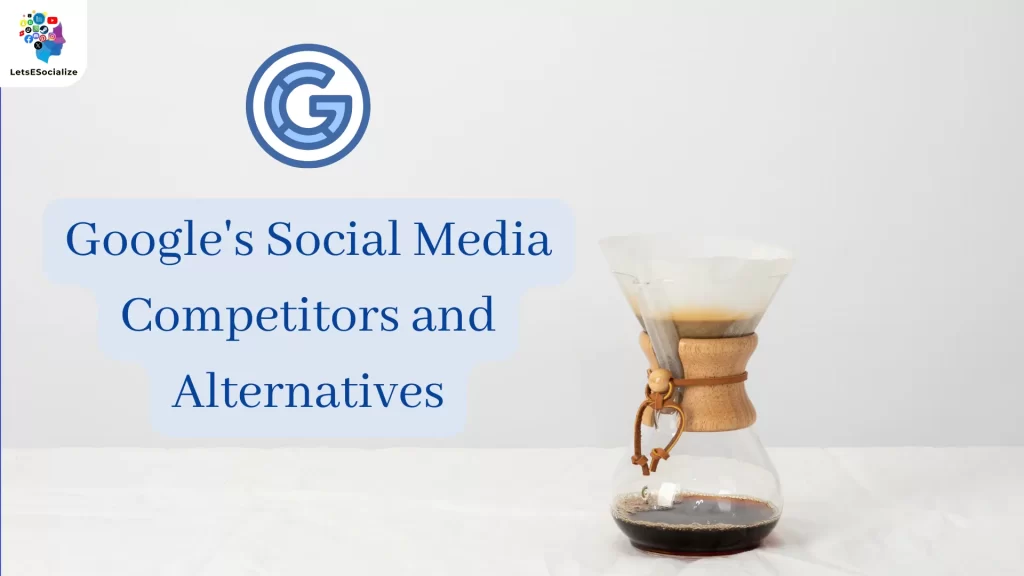
However, some alternatives and competitors aim to combine aspects of social media with other functionalities. For example, messaging apps like WhatsApp and Telegram have integrated features for sharing and consuming content, while platforms like Reddit and Quora foster online communities around specific topics and interests.
The Future of Social Media and Google’s Potential Role
As technology continues to evolve and user behaviors and preferences shift, the lines between traditional social media platforms and other online services may become increasingly blurred. Google, with its vast resources and innovative capabilities, could potentially play a more significant role in shaping the future of social media.
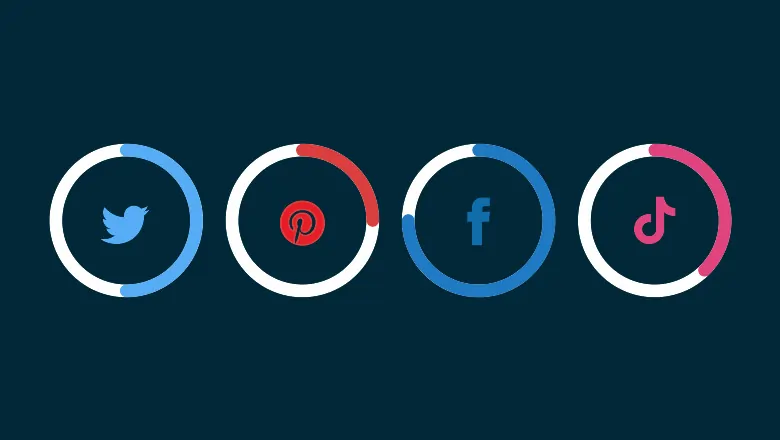
One potential direction could be the integration of more robust social networking features into existing Google services, creating a more cohesive and interconnected ecosystem for users to interact, share content, and build communities. Additionally, advancements in areas such as virtual reality, augmented reality, and artificial intelligence could open up new avenues for social interactions and content consumption within Google’s platforms.
Alternatively, Google may opt to focus on enhancing the social aspects of its existing services, such as improving collaboration tools, facilitating more seamless content sharing, and leveraging data analytics to provide personalized and relevant content recommendations.
The Impact of Google on Social Media and Digital Culture
Regardless of whether Google is considered a traditional social media platform or not, its impact on how we consume, share, and engage with information and content is undeniable. Google’s services have fundamentally shaped the way we navigate the digital landscape and interact with information.

YouTube, in particular, has emerged as a cultural phenomenon, influencing trends, shaping opinions, and providing a platform for creators and influencers to build vast online communities. Google Maps has transformed the way we explore and experience the physical world, relying heavily on user-generated content and social interactions.
Moreover, Google’s influence extends beyond its platforms. Its search algorithms and ranking systems play a significant role in shaping online discourse and determining the visibility and accessibility of information across the internet.
Advantages and Disadvantages of Considering Google as a Social Media Platform
As we analyze whether Google can be considered a social media platform, it is important to weigh the potential advantages and disadvantages of this classification:

Advantages:
- Increased User Engagement: By embracing social media elements, Google could foster stronger user engagement and retention across its various services, creating a more interconnected and interactive experience.
- Monetization Opportunities: Leveraging social media functionalities could open up new avenues for advertising, sponsorships, and monetization opportunities for content creators and users.
- Community Building: Enhancing social networking capabilities could enable Google to facilitate the growth of online communities around shared interests, fostering collaboration, and knowledge-sharing.
Disadvantages:
- Privacy and Data Concerns: Integrating more social features could potentially exacerbate existing privacy and data concerns, as social interactions and content sharing generate additional user data.
- Dilution of Core Services: There is a risk of diluting or compromising the core functionalities and user experiences of Google’s existing services by trying to incorporate excessive social media elements.
- Increased Competition: Positioning itself as a social media platform could pit Google directly against established social networking giants, intensifying competition and potentially hampering user adoption.
Also Read – Facebook and Instagram Back Online After Hour-Long Outage, Some YouTube Users Also Suffer Sign-In Issues
Also Read – The Ultimate Guide to Google My Business Directory: Boost Your Online Presence
Balancing Functionality, Privacy, and User Experience
Ultimately, the decision of whether to consider Google a social media platform or not depends on how the company chooses to balance its various offerings and priorities. Google’s vast array of services and products cater to diverse user needs, and integrating social media elements could enhance the overall user experience and foster greater engagement.

However, Google must address privacy and data concerns proactively, implementing robust measures to protect user privacy and ensure transparency in its data collection and usage practices. Additionally, any social media integration should be thoughtfully designed to complement and enhance Google’s existing services, rather than detracting from their core functionalities.
As the digital landscape continues to evolve, the lines between traditional social media platforms and other online services may become increasingly blurred. Google’s ability to adapt and innovate will play a pivotal role in shaping the future of social media and how we interact, share, and consume content online.
Conclusion
The question of whether Google can be considered a social media platform is a complex one, with valid arguments on both sides. While Google’s primary focus has been on providing a wide range of services and tools, it has undeniably incorporated various social elements and capabilities into its offerings.
From YouTube’s content sharing and community-building features to Google Maps’ user-generated reviews and ratings, Google has facilitated social interactions and user-generated content to varying degrees. However, these social aspects are often secondary to the core functionalities of Google’s services.
As technology advances and user behaviors shift, the lines between traditional social media platforms and other online services may continue to blur. Google’s ability to innovate and adapt will play a crucial role in shaping the future of social media and how we interact, share, and consume content online.
Ultimately, whether Google is considered a social media platform or not, its impact on digital culture and how we engage with information and content cannot be overstated. By striking the right balance between functionality, privacy, and user experience, Google has the potential to further enhance its offerings and potentially redefine the boundaries of what constitutes a social media platform.

